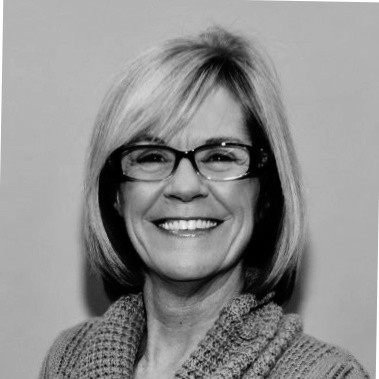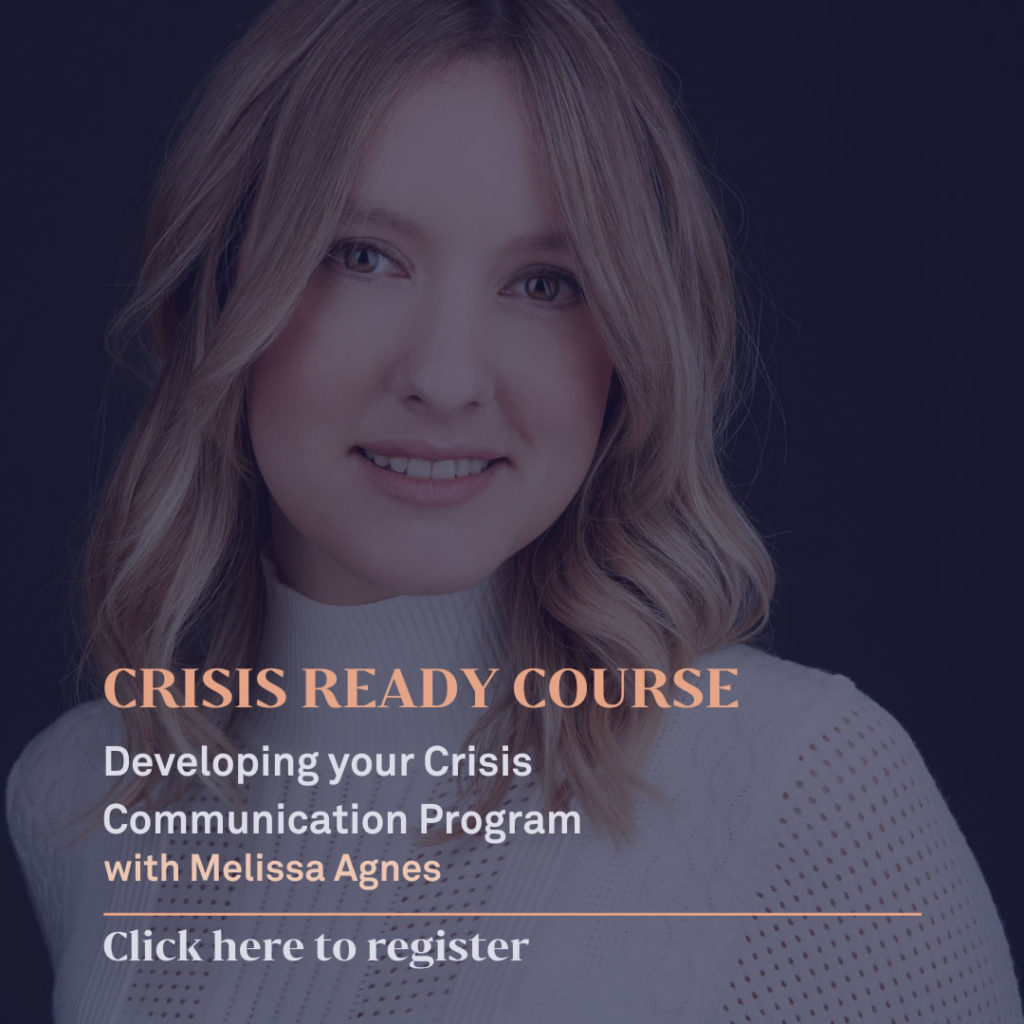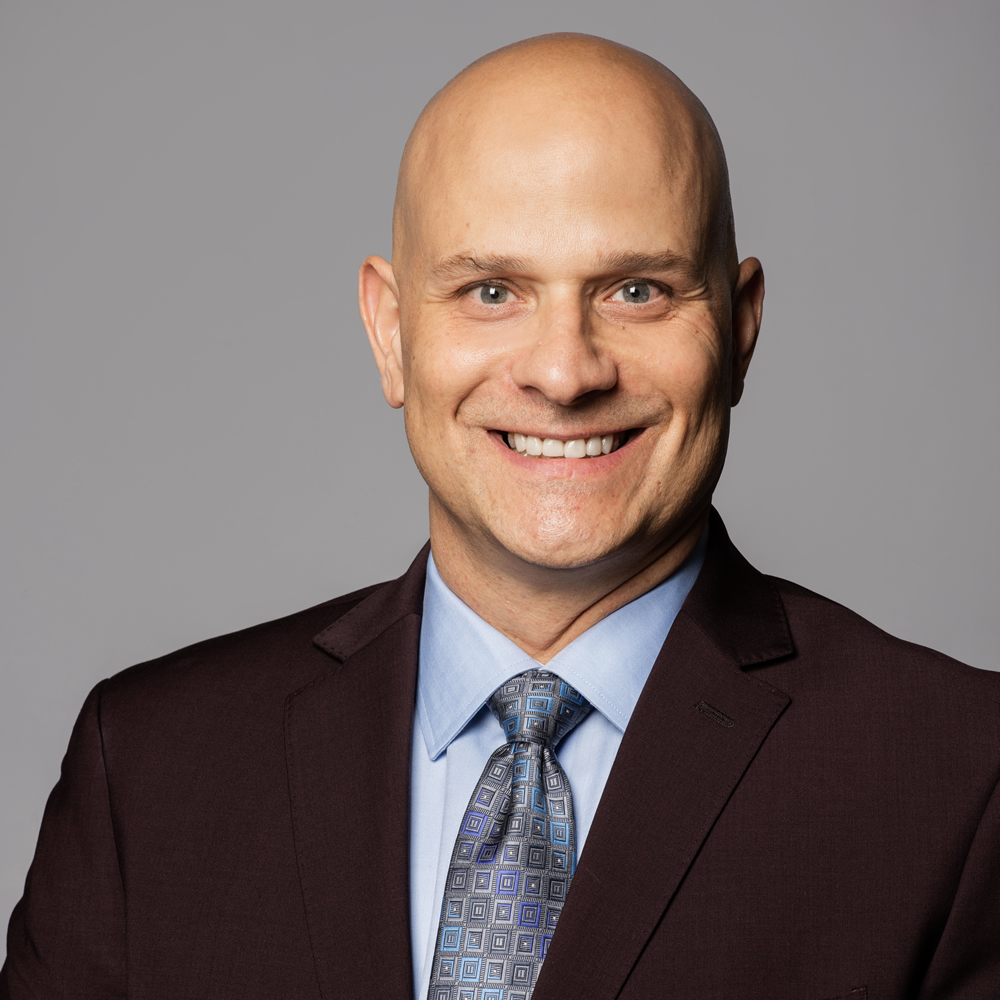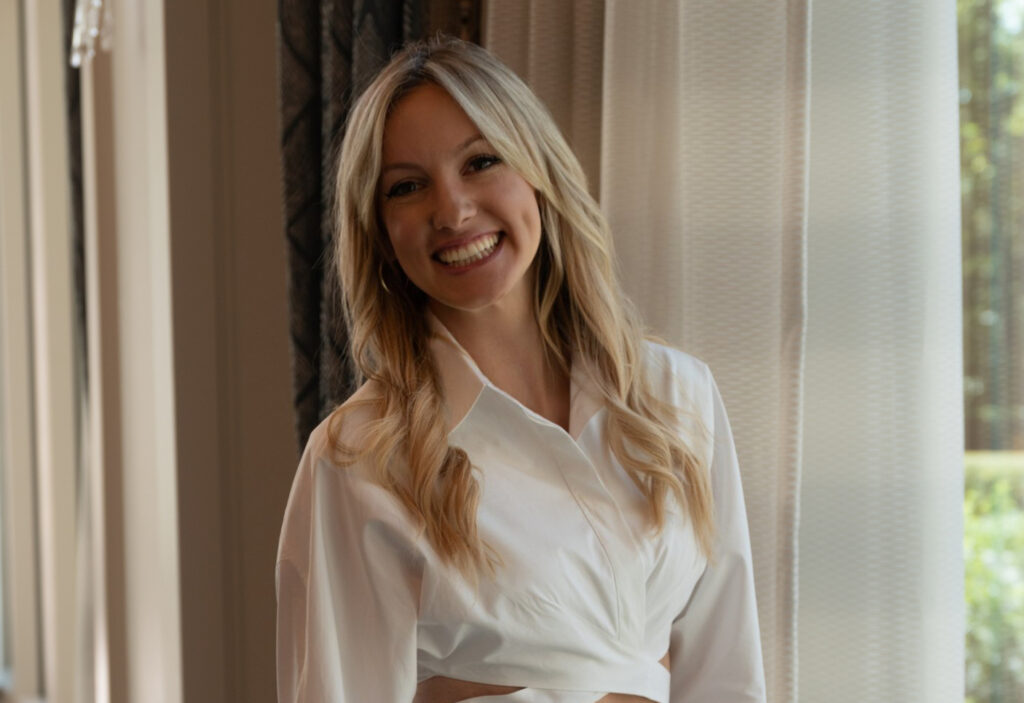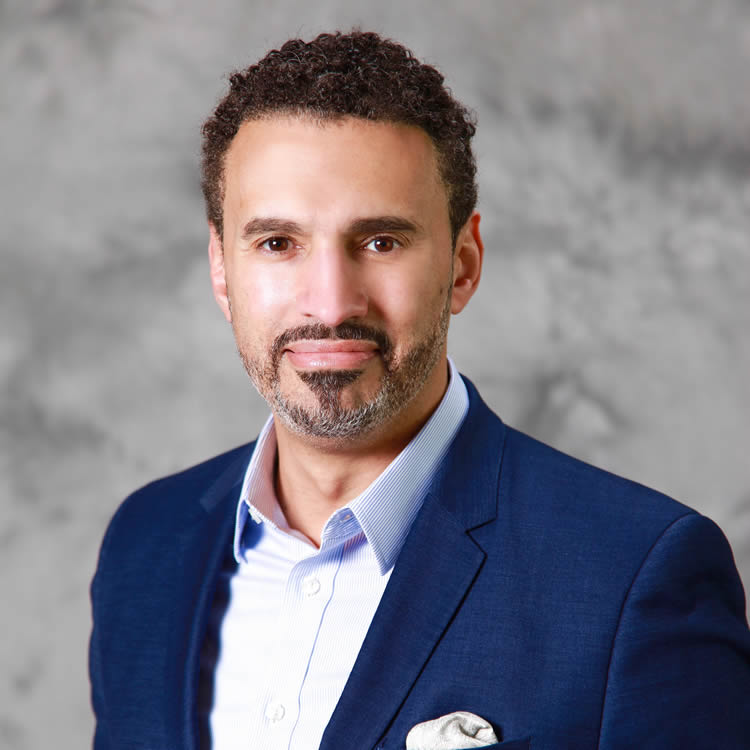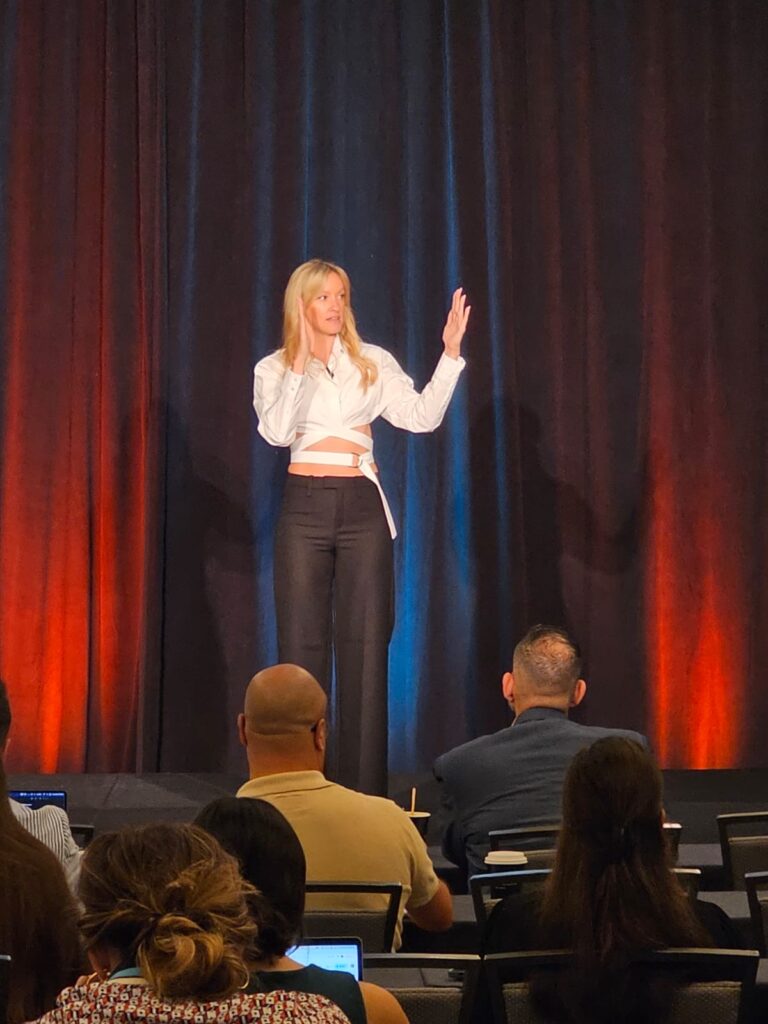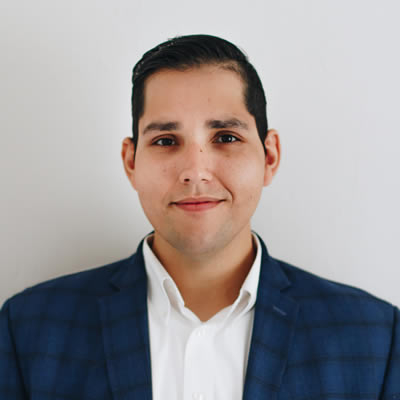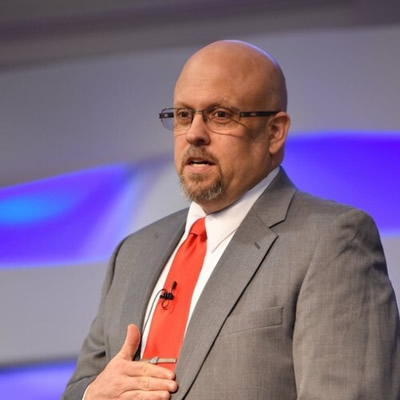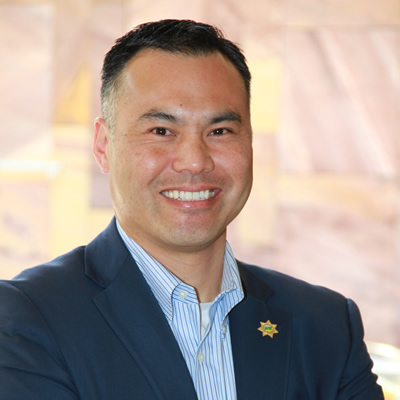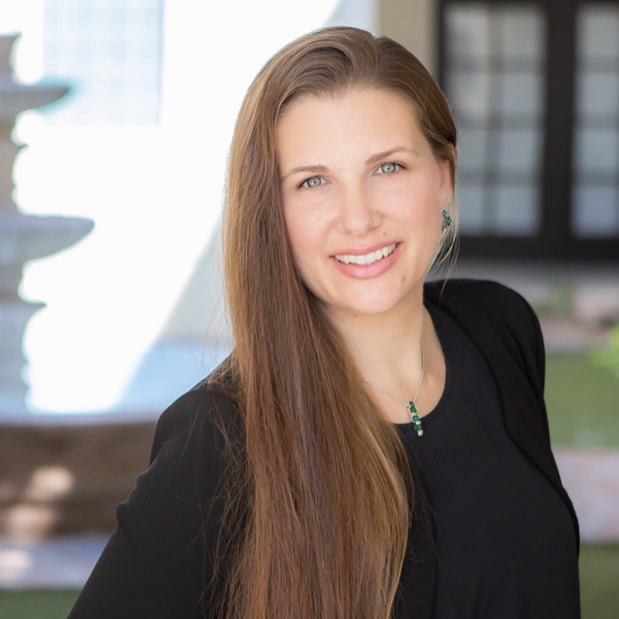There are so many layers to the COVID-19 crisis. So many layers. And I’m grateful that the Crisis Ready Institute understands this and is committed to providing support and guidance that speak to the multiple dimensional layers of this world crisis—and therefore providing me a platform to open up my heart and share the following with you. What I’ve written below is personal, it’s raw, it’s real and it is relatable on a human level to thousands upon thousands of us around the globe.
I am a Crisis Ready Certified professional—certified by Melissa Agnes herself—so I tend to pride myself on my crisis ready understandings and capabilities. I’ve also been staying abreast of this world crisis as it has been escalating around the world and I’ve been completely self-isolated in my home for the past thirteen days, at the time of this writing. All of this is to say that I consider myself to have a pretty good, logical handle on the realities of this situation.
However, the lessons that I’ve learned this week have shown me just how real the Crisis Ready Rule of “you can’t beat emotion with logic” really is, for even the most prepared of us. This is what the news fails to prepare us for. In truth, this is what nobody can probably prepare us for. But that’s not going to stop me from trying. So, in the interest of addressing this very important aspect of our current reality and the consequences that come along with it, today I want to write from my human perspective.
All the preparation in the world cannot truly prepare us for the emotional impact
As I mentioned, I have been “sheltering in-place” for 13 days. This means that I’m not physically going out of my home to see anyone, not even my family whom I miss very much. Like many others, I didn’t really realize how much I count on the day-to-day interactions with them. Take it away and in its place is left a wound. I realize that in the scope of things, this wound is small. Other people are feeling the same separation, many of whom are experiencing it to a much higher degree of pain than I am. I realize this and I feel for them—for you, if that is you.
In the interest of uniting us all by our single biggest point of relatability, our humanity, I want to share what this has been like from a mom’s perspective, a grandma’s perspective, a relative’s perspective and finally, a neighbor’s perspective.
For the record, I am not a highly emotional person. I am pretty grounded and I take life as the beautiful thing that it is. My outlook has always been rosy and positive. I cannot even fathom how difficult all of this must be for those who struggle to have an optimistic viewpoint by nature. As my days go by, so does life. Fair or not, it goes by. Earlier this week my 52-year old cousin, Chad, suffered a massive aneurysm and died. He was living in Aspen, Colorado, and I am near Orlando, Florida. I didn’t grow up close to Chad but I grew up very, very close to his mom and dad. And, as death does, it has taken Chad and left his loved ones behind.
Tragedy, pre- and post-COVID
Pre-COVID, I would have already been on a plane to Colorado. Post-COVID, Chad was denied personalized attention in the hospital due to the faculty’s attention and focus being on an overwhelm of patients in critical condition. Post-COVID, our family cannot gather to console one another, to grieve our loss together or even to congregate to say goodbye to Chad and celebrate his life together.
These realities amount to a punch in the gut that takes my breath away and deepens the hole that is left in my heart from Chad’s passing. I want to shout to my God, “how is this even happening??!!” But I know that I am just one of so many others dealing with similar types of grief and unimaginable circumstances that amplify the pain of that grief.
Yesterday, as I was absorbing all of this sadness, I received a call from my neighbor. I have lived in my current home for less than 6 months and she has been the only person to come to my door with a housewarming gift, a smile and a beautiful welcome. She is an older single woman who recently lost her husband and now lives alone. During the call, the connection was scratchy at best. The following is what I could make out:
“Bridget… I am…. heart attack.”
I tried desperately to hear what she was saying. It was clear she was in distress. She hung up on me to call someone else but I called her back and the connection was better. This time I heard, “I think I am having a heart attack and I am going to drive myself to the hospital.” I convinced her not to do that and I called for medical assistance for her.
Now for the really hard part…
Pre-COVID, without a thought I would have rushed over to be by her side, console her and wait with her for the paramedics to arrive. Post-COVID, every single fiber in my body was screaming to go help her; to stay with her so that in the event that she was to die, that she wouldn’t be alone. I wanted to be there to help assure her that rescue was coming and to urge her to hold on. The internal struggle that I was facing was excruciating. How could I just leave a woman, possibly a dying woman, all alone in her house? What kind of human does that?
As I waited for the ambulance that felt it would never arrive, I stood at my door in distress not knowing what to do. All I wanted to do was to be there for another human being. And the truth is that I almost went. In fact, I was outside of my house and had decided to go. Then, right before I reached the road, the crisis ready training I’ve received surfaced in my own head and sounded something like this:
“What if she’s not having a heart attack? What if she’s having trouble breathing because she’s infected with the coronavirus? What if she infects you and you, being old enough to be in the “high risk” category, suffer severely and/or infect others? What if you can prevent your own death and probably the death, or at least the suffering, of others… but not hers?”
What is the best way to deal with this type of internal struggle between emotion and logic? I don’t have the answer to that but what I can say is that the struggle is real, it’s harsh, cruel even.
Ultimately, I didn’t go help. I waited for the rescue personnel to do what they do best. I sat back and watched, feeling dreadful that I had done nothing to help. My head knows that that isn’t the truth—I did help in the ways that I could given the circumstances—but my head and my heart are at odds over this.
All of the news we watch and the logical truths we know don’t prepare us for the in-the-moment emotional struggle
No one prepares us for this. We can train and logically know the risks, their impacts and everything that surrounds the truth of being in crisis. We can watch the news and see the sick, see the dying, and hear the dreadful stats and numbers. But being prepared to manage through the challenges when you’re absorbed with emotion is more difficult than anyone or anything can ever prepare us for.
So, tired of feeling helpless, I wanted to share my experience and learnings with you, and I want for every leader and communication expert to remember this truth when communicating with your stakeholders, your families, your friends, and your communities throughout the management of this life-changing crisis.
Remember that we cannot beat emotion with logic and under distressed circumstances, that emotion can take over and drown out all screams of logic. Remember this and pay extra attention to communicate effectively. This means with emotional intelligence and emotional wisdom that will allow you to truly get your important messages through to the people who look to you for guidance, support and leadership.
These are just some of the scars I will take with me when we are out of this mess. I couldn’t comfort my relatives and I couldn’t comfort my neighbor. That is the grim reality of this for me, so far.
The positive news that came out of these two situations is that my neighbor lived to see another day. For that I will always be grateful. But I wonder how many more scars will develop during this time? How many others will be faced with these hard decisions and be able to walk away with only scars and not become permanently damaged?
Today, I stepped back into the Bridget I know best: positive, cheerful and full of determination to make the best of the situation we are all in. And while I expect more “tests” to come my way, I hope that I remain strong enough to accept the challenges that present themselves and that I get through them in a way that leads to the best interest for all. And I wish the same for you.
This blog post is dedicated to Chad. Long may you know how loved you were; how loved you are.
A retired Public Information Officer (PIO) for the Omaha Police Department, Bridget Fitzpatrick has over 20 years of experience as a Crime Prevention Specialist.
With over 20 years of experience working with and building relationships with broadcast and print media, Bridget quickly became the go-to person both for interviews and for recommendations for story line ideas for the media. For over seven years, Bridget was in charge of the OPD Facebook page, growing the fan base from 19,000 to over 104,000. The Omaha Police Department has now become one of the first places news reporters check for current information regarding the department and the city. By utilizing the department’s social media channels, the media now seeks out positive stories rather than focusing only on the negative ones.
Bridget was instrumental in starting and leading the Support Blue campaign. This campaign is designed to restore respect for law enforcement agencies across the nation. Bridget also created the 9/11 Minute of Silence event with the First Responders Foundation. The 9/11 Minute of Silence is an event to remind us of, and acknowledge the devastating loss to our country on Sept 11, 2001.
Upon her retirement, Bridget was retained by the Omaha Police Department to handle their Crisis Communication needs. Today, she continues to assist law enforcement agencies around the country when they are faced with controversial or major issues. She does this work pro-bono to assist them as they try to navigate through the chaos that social media can present in times of crisis.

